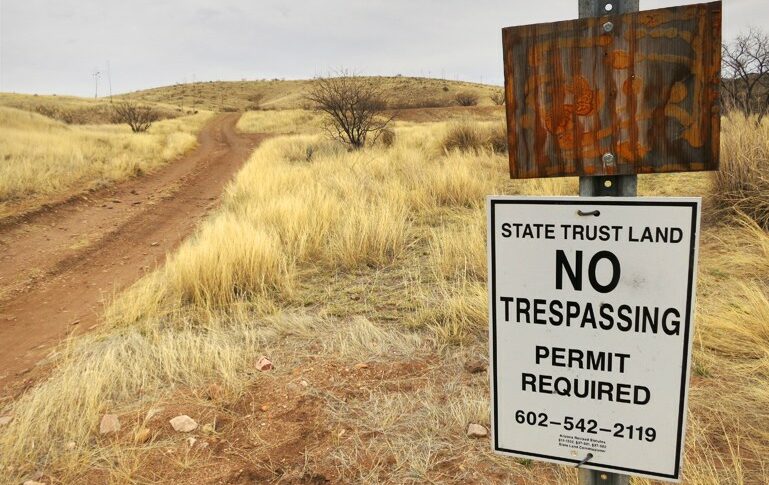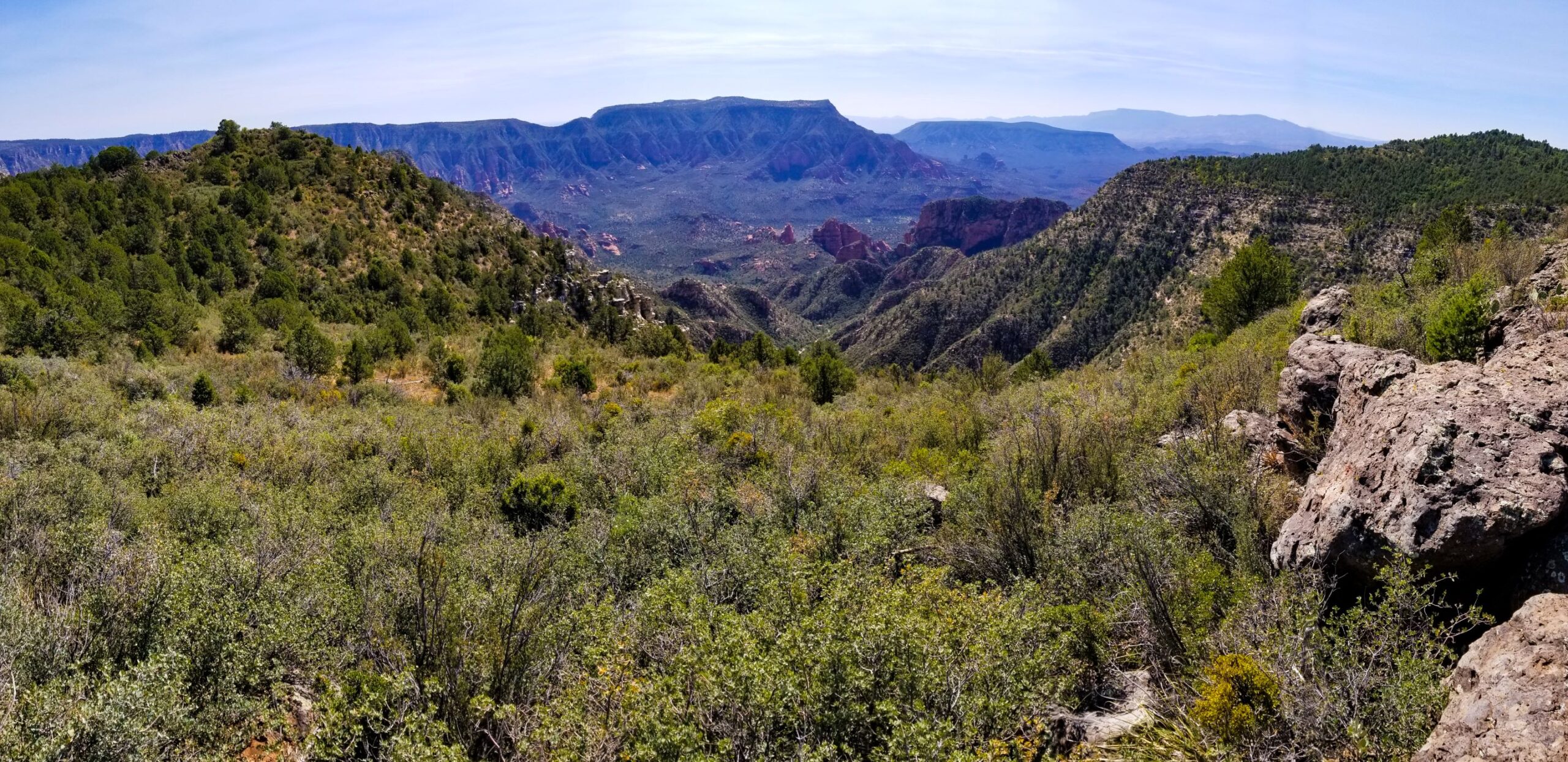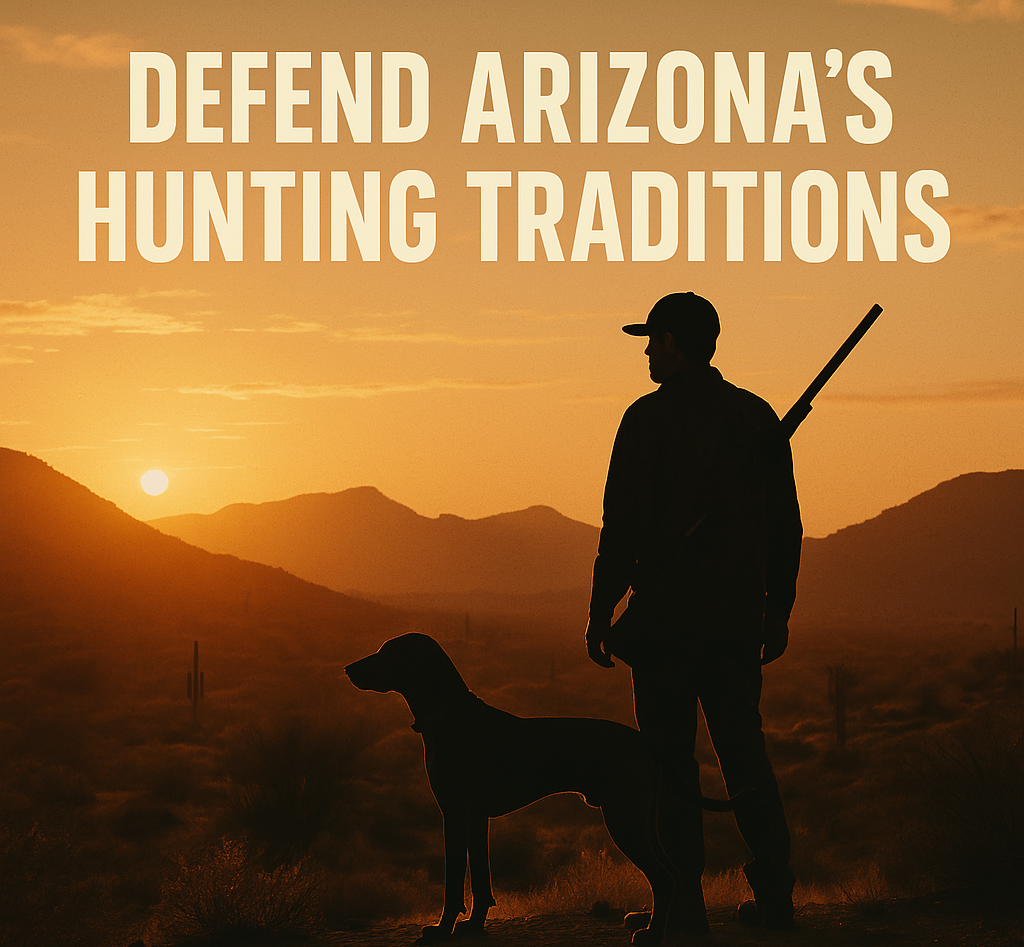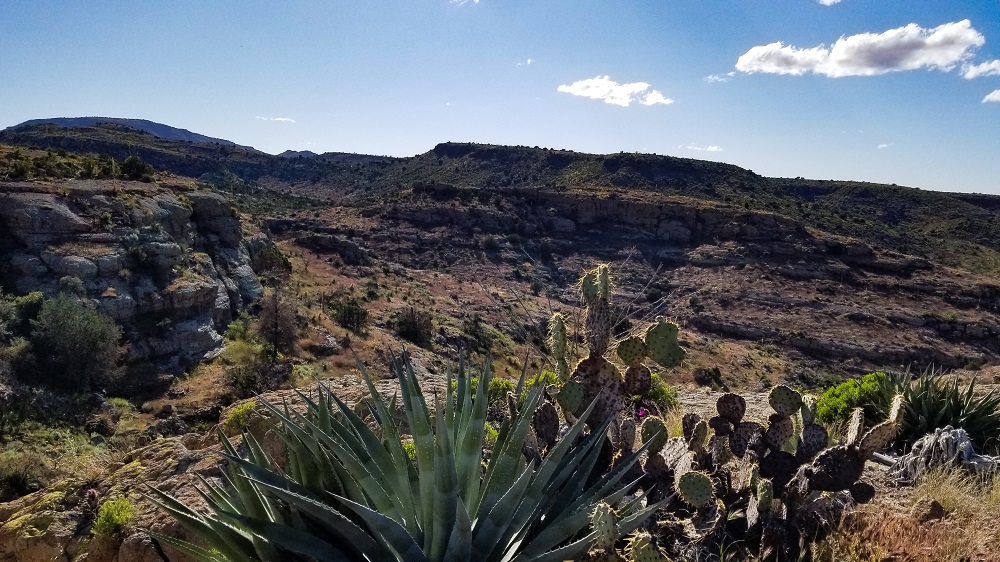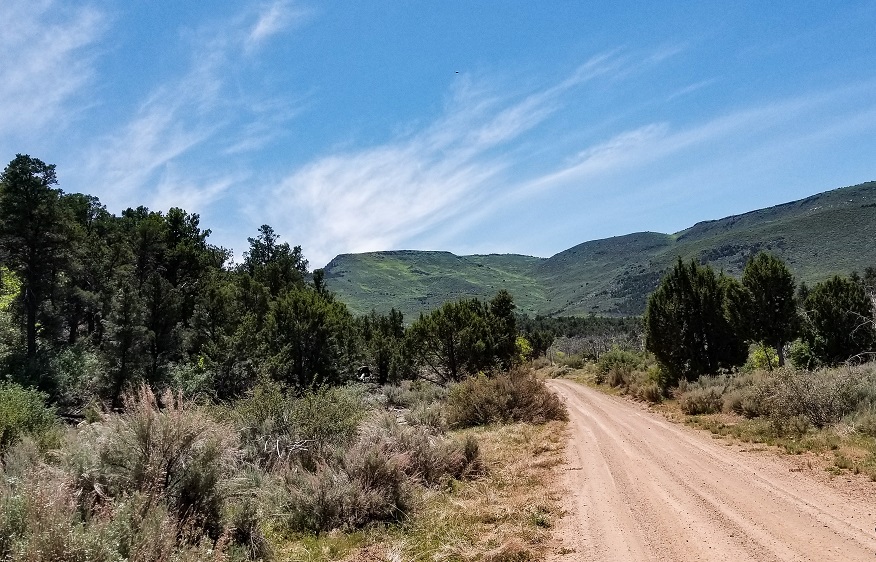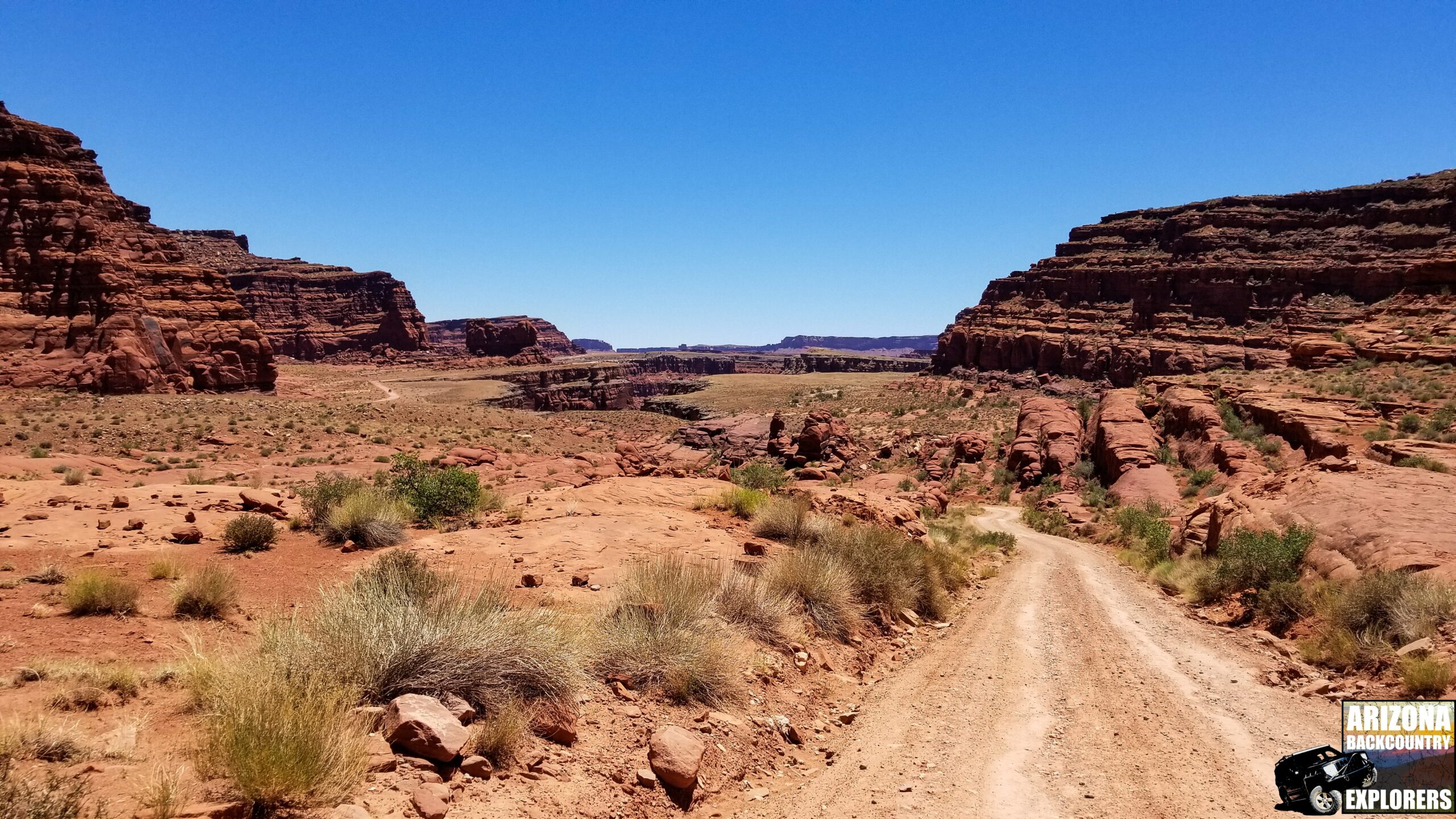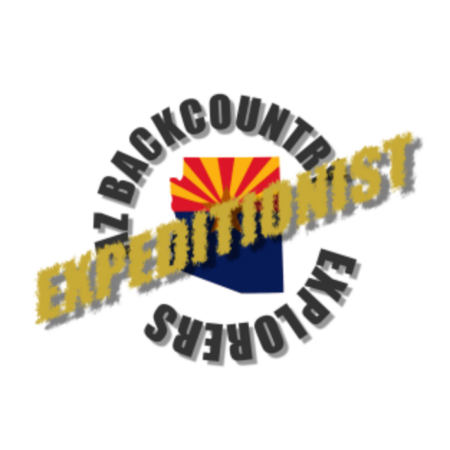Your cart is currently empty!
Posted in
The Arizona state trust land recreation permit grants you access to Arizona state trust land for recreational purposes. Arizona State Trust land is a form of public land that is owned by the state of Arizona and the people. It is governed under state law and the Arizona Constitution to benefit and compensate the 13 beneficiaries of the State Land Trust, including public schools and state prisons. State trust land was, and still is, important to the founding ideals of our state.
Here are some details of the Arizona state trust land recreation permit.
In Arizona, land ownership is divided among private, tribal, state, and federal entities, each governed by distinct rules and regulations. For state trust lands, engaging in any recreational activity requires an Arizona State Trust Land Recreation Permit.
When exploring the state, it’s essential to obtain this permit to avoid potential criminal and civil penalties. State trust lands are scattered throughout Arizona, appearing as small, sporadic parcels or vast stretches spanning hundreds of acres. In northern Arizona, these lands often follow a checkerboard pattern, interspersed with public lands and access roads. It’s challenging to travel dirt trails without eventually crossing onto state trust land.
Much of this land is fenced for livestock grazing, making it difficult to identify without a map showing land boundaries. Signs stating “No Trespassing” may occasionally mark state trust land, but they are not always present, especially in remote areas. To avoid issues, it’s crucial to know the type of land you’re on at all times.
A recreation permit is NOT required to cross state trust land with a registered motor vehicle (including an OHV) on existing roads. However, to engage in any recreational activity, including staging a trailer, you need a permit.
Off-highway vehicles need an OHV sticker to use roads on state trust land.
A group recreation permit is NOT required if everyone has an individual permit. Group permits are intended for groups of up to 20 people who don’t have individual permits. The group permit is good for a one-time event no longer than 5 days. For example, the host of a birthday party can purchase the group permit on behalf of the attendees who do not have their individual permits.
A special use permit is required for organized events. Whether it is for-profit or non-profit, any event that is advertised publicly must obtain a special-use permit. A special-use permit takes months to approve and is not cheap. It requires the use of toilet facilities and many other special requirements. This includes public events organized over Facebook, Twitter, or any other social media platform.
Arizona State trust land permits are required for the individual, not the vehicle. Each person must have a permit while visiting state trust land unless a group permit is available. You can purchase an individual permit or a family permit. The family permit will cover two adults and two children. Both the family and individual permits are valid for 1 year.
A recreational permit IS required to park, stand, hike, photograph, mountain bike, camp, geocache, use an OHV, unload your trailer, park your motor home, or any other recreational activity on State Trust Land. As soon as you stop your vehicle, you are required to have an Arizona state trust land recreation permit.
There are a few other facts about state trust land.
- Lands leased for agriculture, mining, or military use are not open for recreational use and are usually marked with a sign. Motorized access in a registered motor vehicle is granted as long as you don’t engage in any recreation activity. Access may be closed altogether per agreements with the Arizona Game and Fish Commission.
- Prospecting, treasure hunting, and rock hounding are only allowed upon payment of a lease agreement.
- Motorized travel in a registered motor vehicle is not considered a recreational activity.
- Target shooting is strictly prohibited except during licensed hunting.
- Visiting archaeological sites on trust land is also prohibited.
- The Arizona State trust land recreation permit is a contract between you and the state confirming you will comply with certain guidelines.
Where does the money go from the Arizona State Trust land permit?
The money generated from the Arizona state trust is used to compensate 13 beneficiaries. Arizona’s public schools and state prisons are the two largest beneficiaries. Several funding sources contribute to the state’s trust. Agriculture, mining, land liquidation, state parks, permits, and licenses generate a vital income source for the most important government programs in Arizona.
Is a Hunting and Fishing License the same as a State Trust Land Permit?
An Arizona state trust land recreation permit is NOT required for individuals who are actively and legally pursuing game or fish with a valid hunting license. However, there is a common misunderstanding, even among government agencies, that a hunting license is the same as a Trust Land Permit. Many people will tell you a hunting and fishing license allows you to stage a trailer, park an RV, or set up camp, but it’s not true.
Entering Arizona state trust land without a permit is considered trespassing and can land you in some big trouble. Any state or county law enforcement officer has the authority to write tickets and jail violators. This includes Arizona Game and Fish, county sheriff’s deputies, and local police. Depending on the circumstances, you could be jailed. Especially if you are warned several times.
Trespassing on Arizona State Trust Land is a class 2 Misdemeanor under ARS 37.501. A class 2 Misdemeanor in Arizona can carry a punishment of up to 4 months in jail and a $750 fine plus surcharges. The State Land department also has the authority under ARS 37.503 to seize property left behind by a trespasser and dispose of it after a ten-day notice.
Getting a permit will eliminate any chance of trouble and allow you to legally take advantage of more opportunities. We recommend using a GPS device with land boundaries so you know what type of land you’re on or use the map below to plan your adventure.
If you have any questions, you may contact the State Land Department at 602-542-4631 Monday – Friday 8 A.M. -5 PM.
State trust land Interactive map
Use the interactive map below to see all state trust land in Arizona.
Short history of Arizona State Trust Land
The Arizona Organic Act of February 24, 1863, established the Arizona Territory and granted the 16th and 36th ranges of each township. Later, the Arizona New Mexico Enabling Act of 1910 granted the 2nd and 32nd ranges of each township. In total, approximately 10,900,000 acres were granted to the state for the benefit of common schools.
On May 20th, 1912, Arizona’s first Legislature established the state land commission to administer the lands and make recommendations for moving forward. The Commission concluded that Arizona should not sell off its trust lands like other states, but instead manage them to the “best use doctrine”. On its website, the Arizona State Land Department writes:
“Since ASLD’s inception, its mission has been to manage the State’s Land Trust and to generate maximum revenues, through prudent planning decisions for the Beneficiaries. All land uses must compensate the Beneficiaries, and be minimally invasive, a fact that distinguishes it from the way public land, such as parks or national forests, may be used. While public use of Trust land is not prohibited, it is regulated to ensure protection of the land and reimbursement to the beneficiaries for its use, as prescribed in the State’s Constitution and supporting case law.”
Tags:
You may also like…
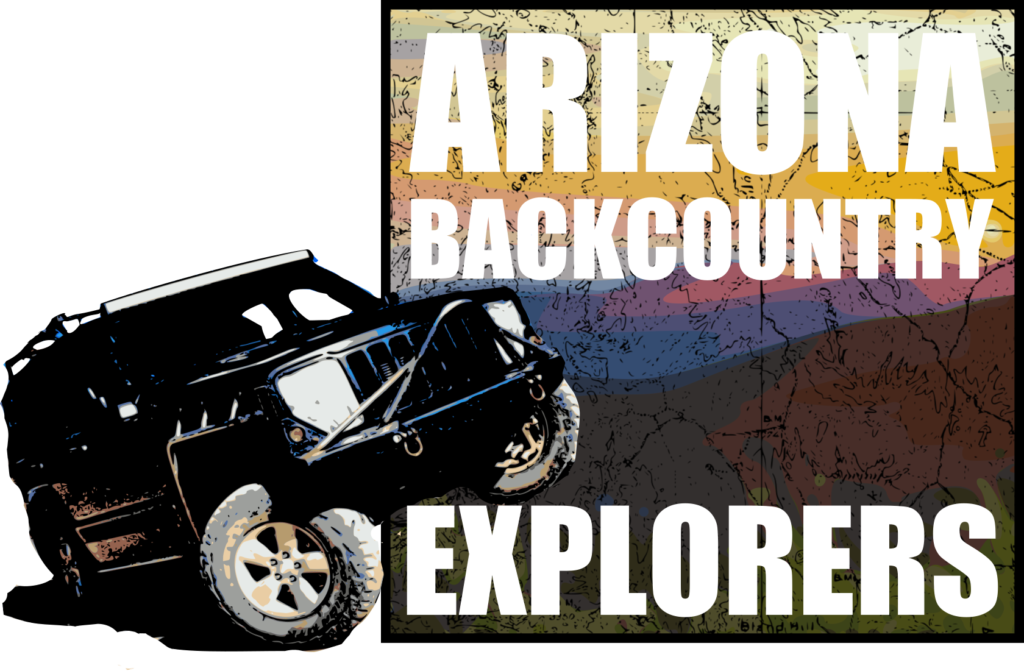
Visit the AZBackroads.com Store
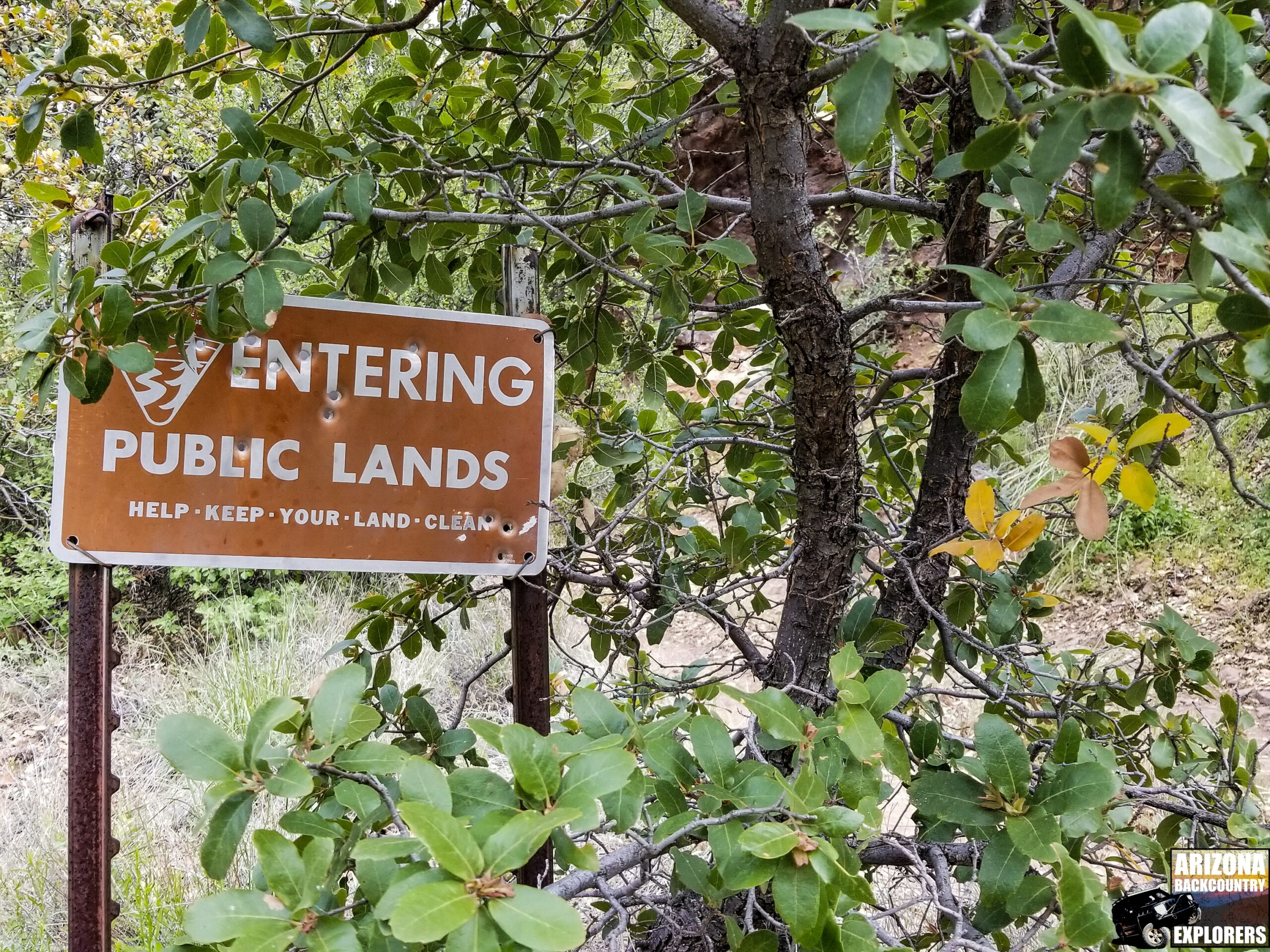
Please Become A Member
We need your help to keep our backroads open. Please join today!
